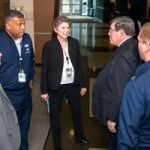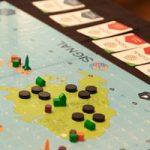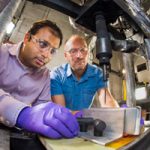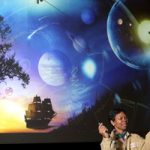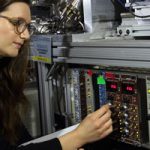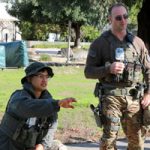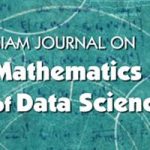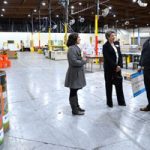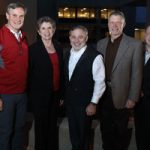Air Force officials learn about Sandia/CA weapons contributions
U.S. Air Force Lt. Gen. Richard M. Clark, deputy chief of staff for Strategic Deterrence and Nuclear Integration, visited Sandia California last month to familiarize himself with the site’s contributions to national security through nuclear weapons.
